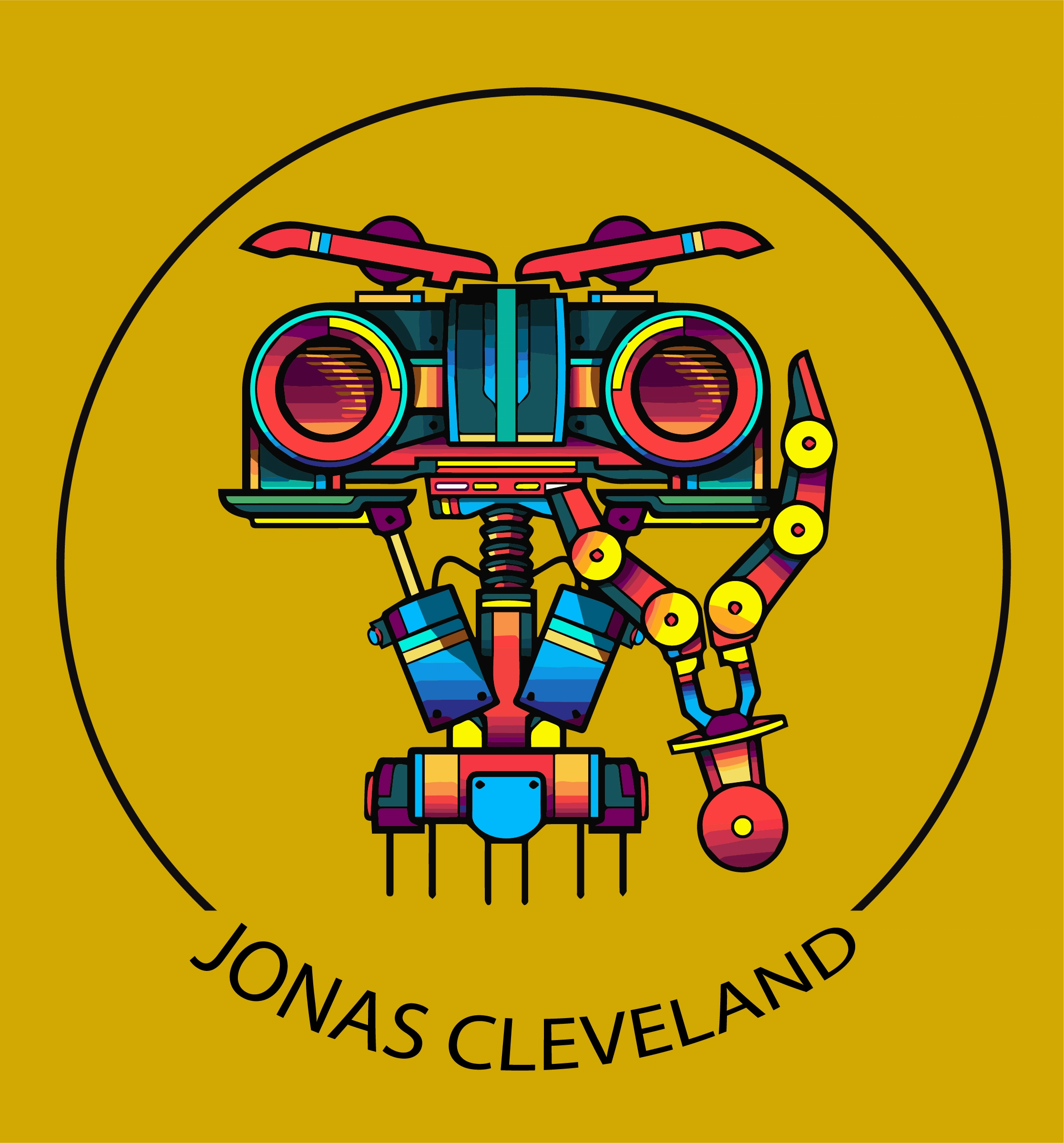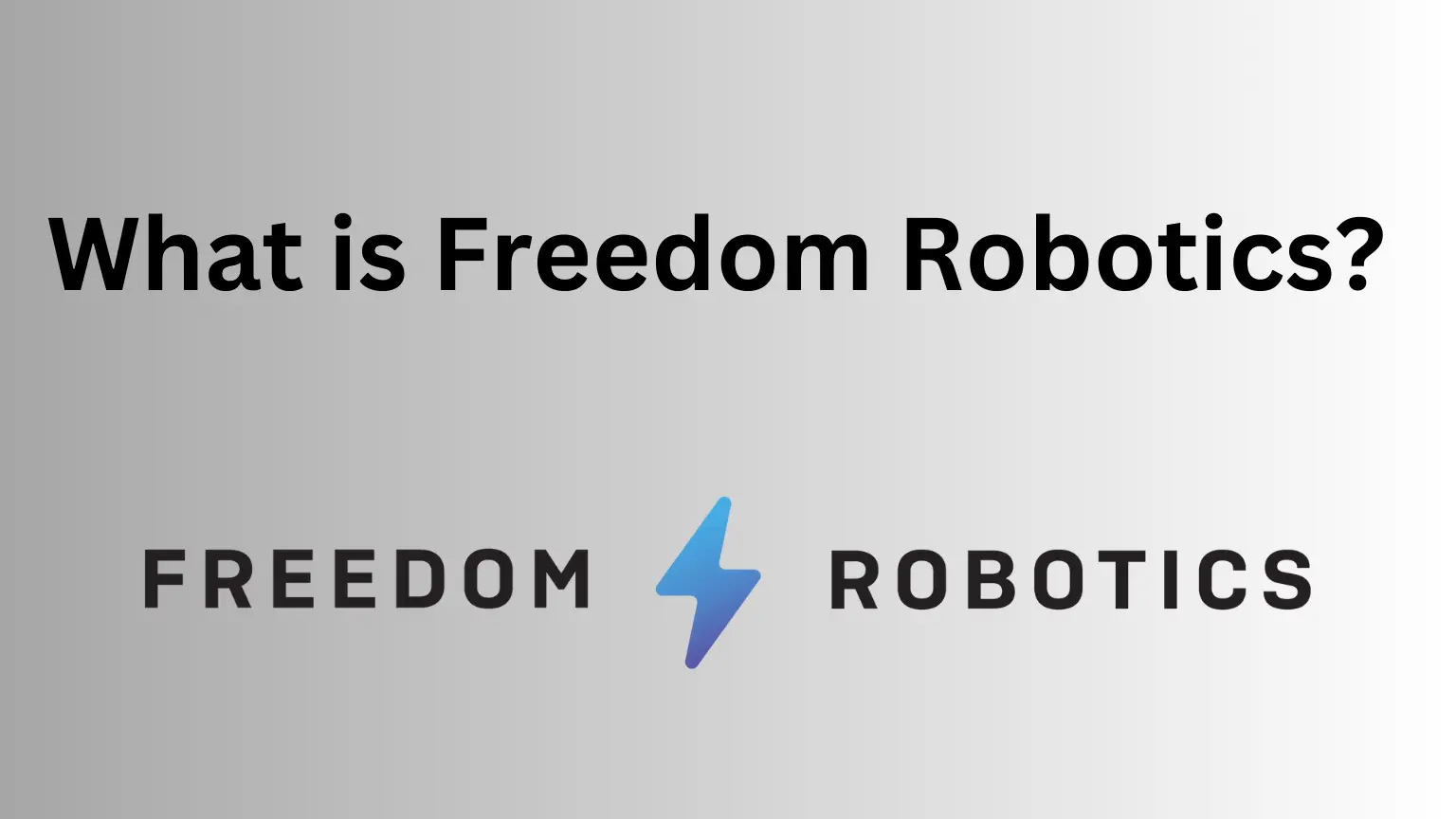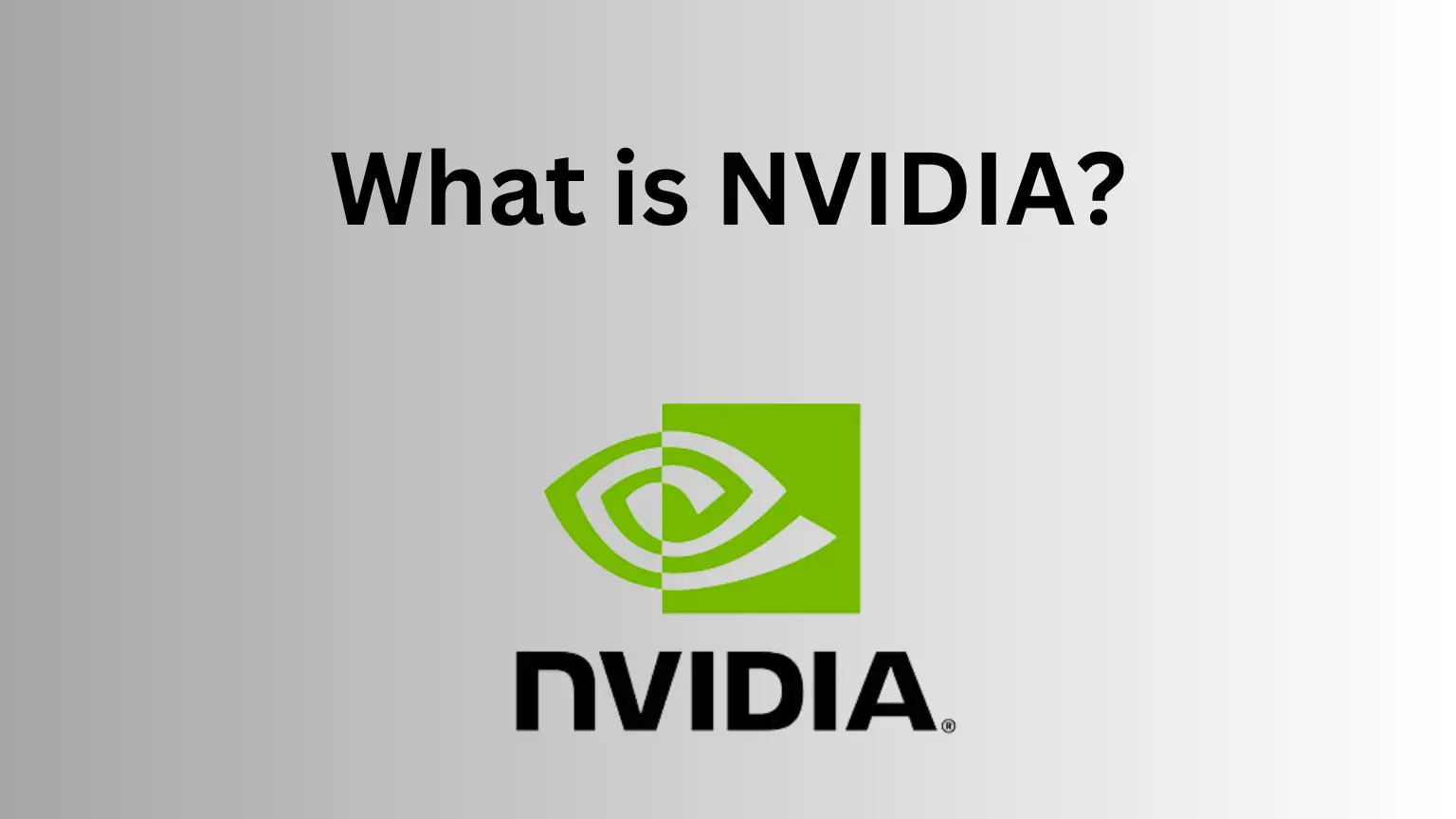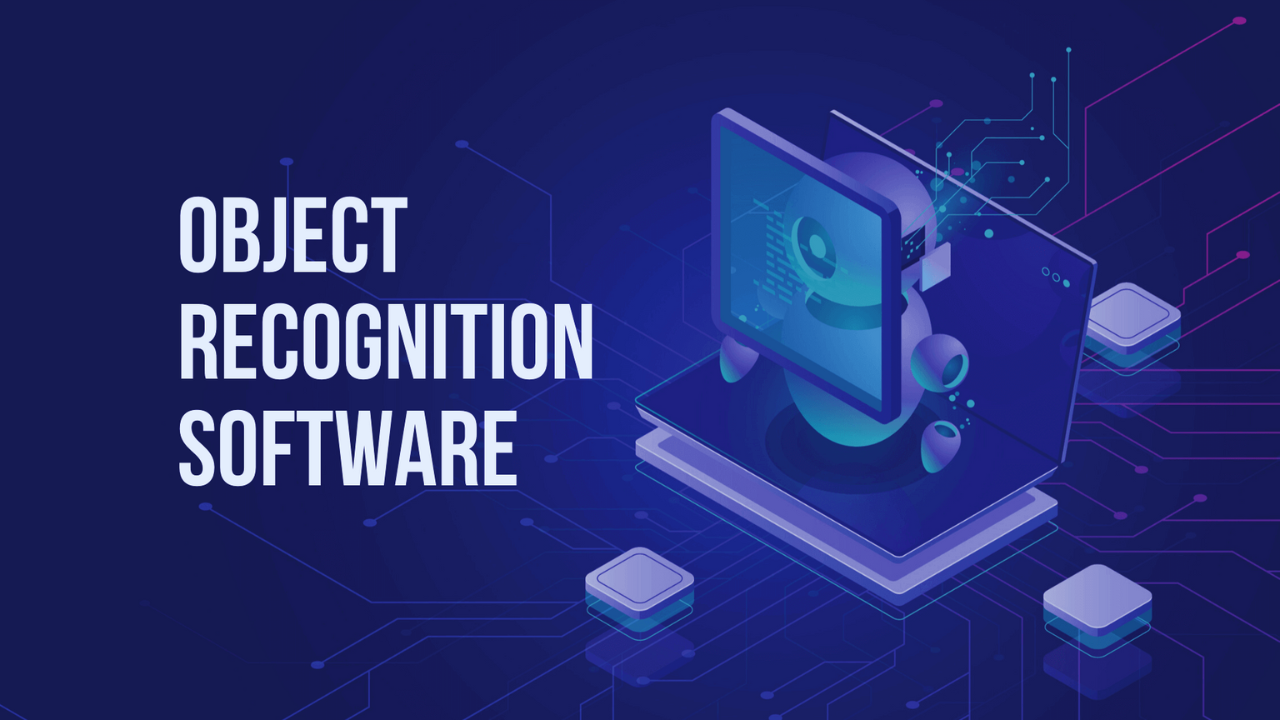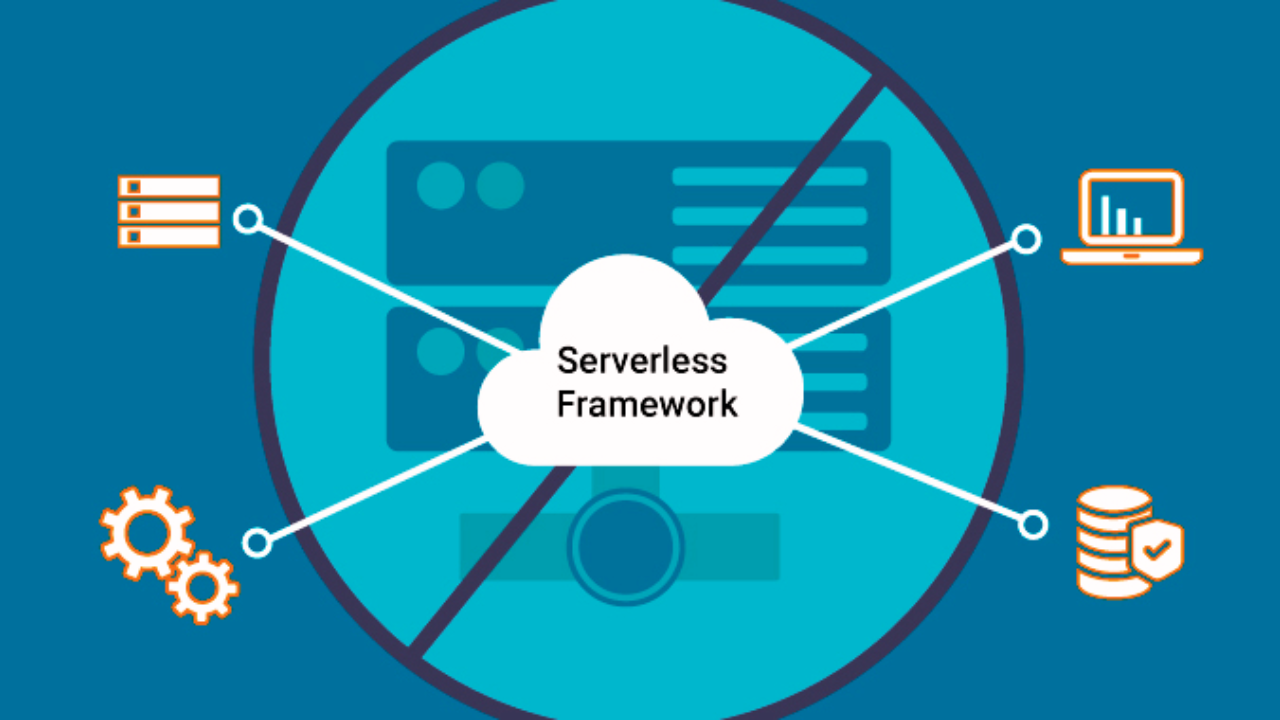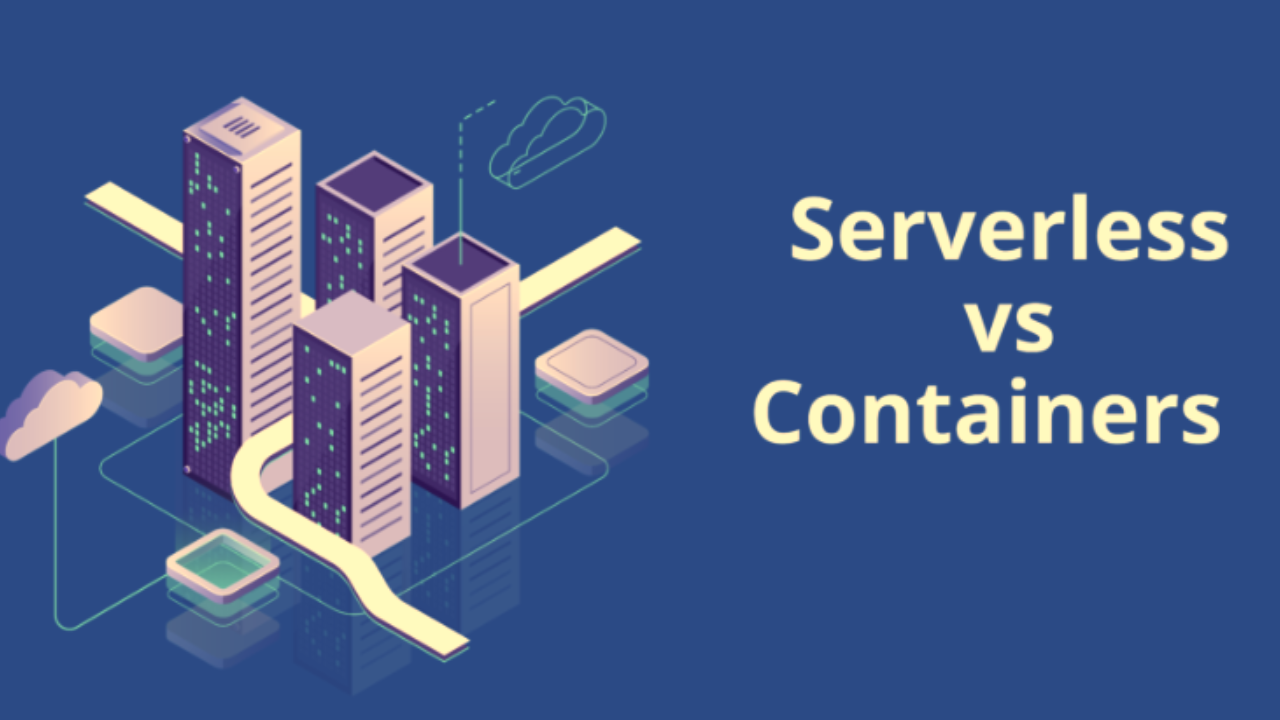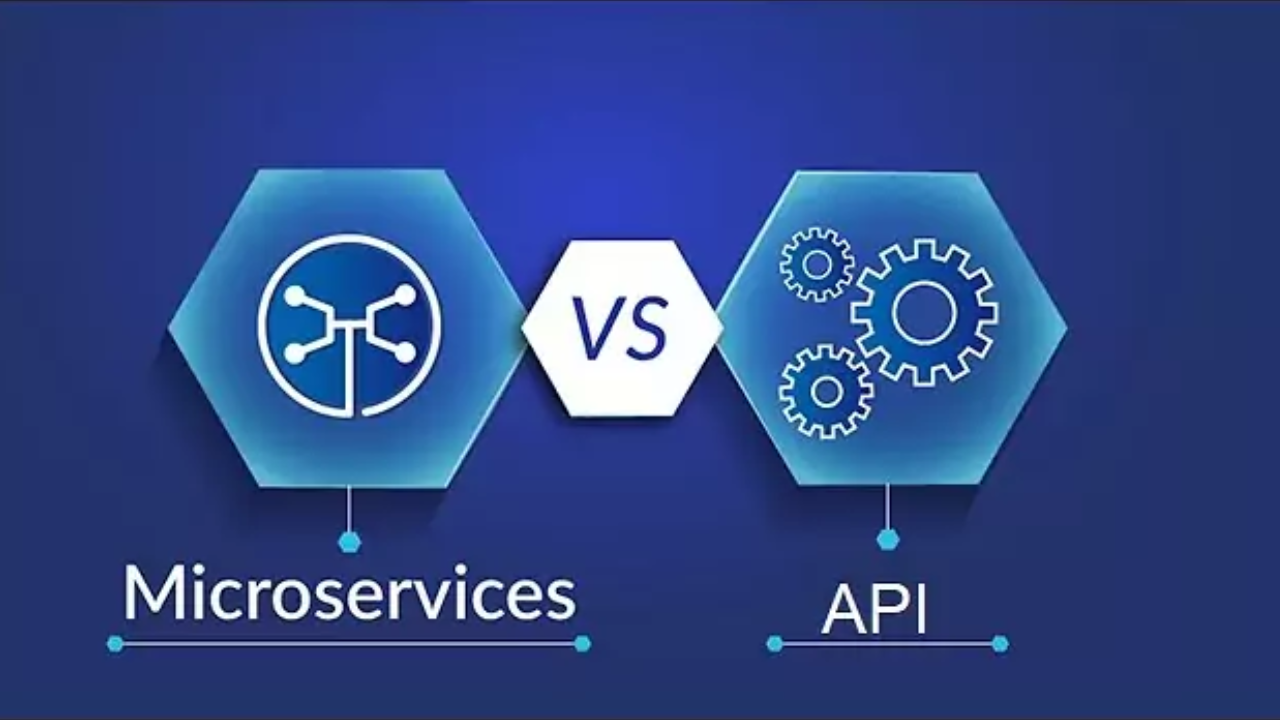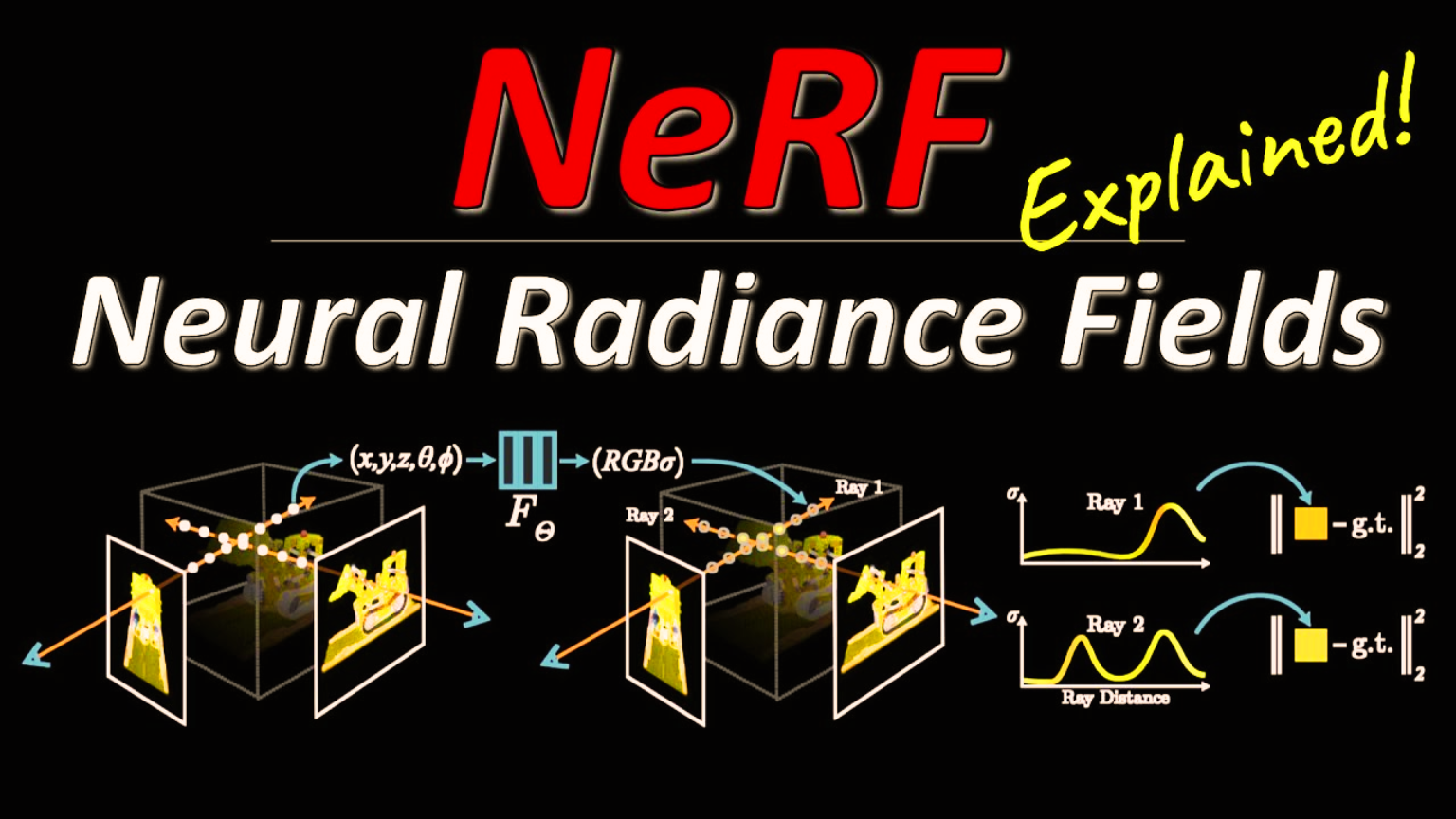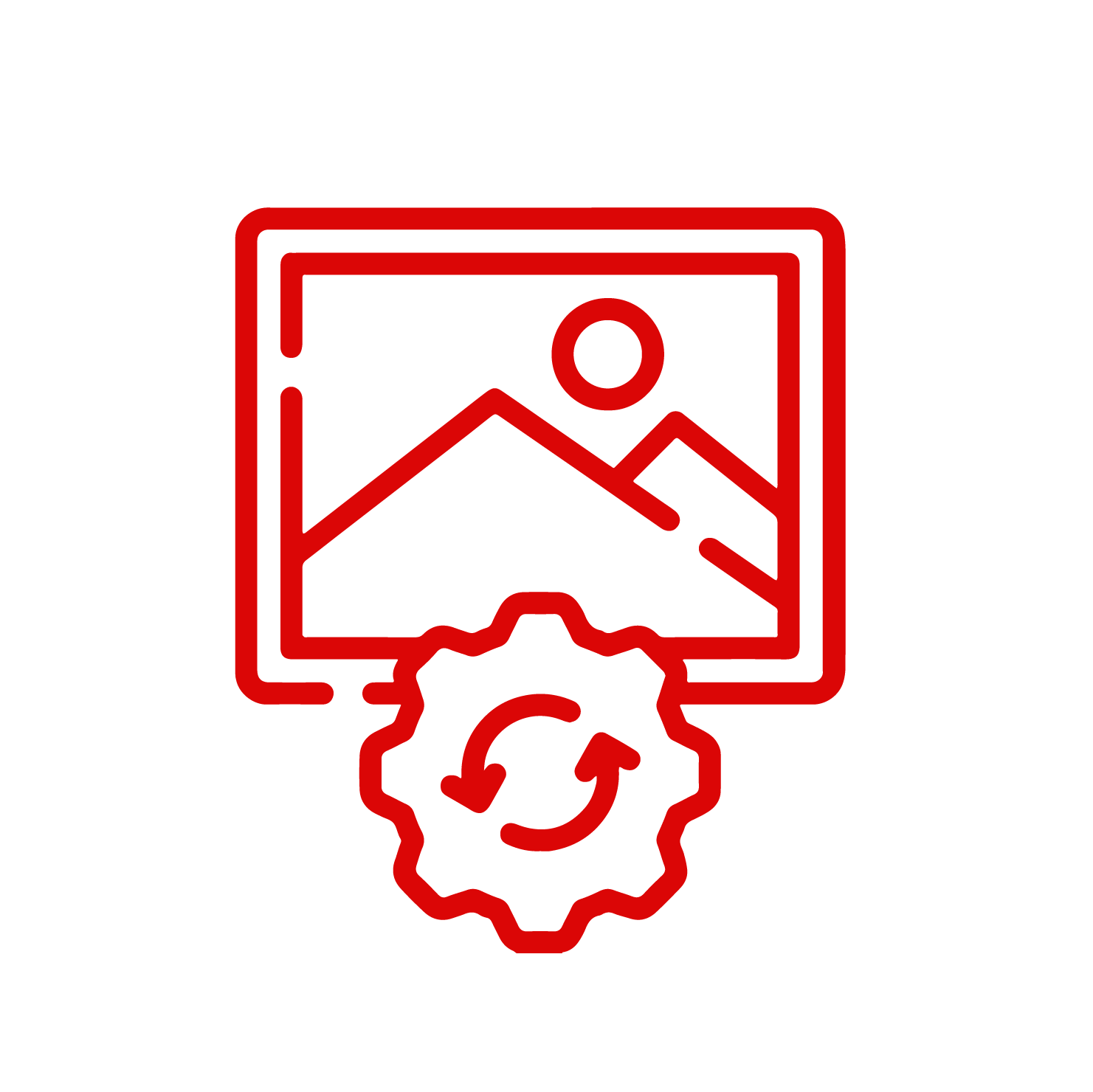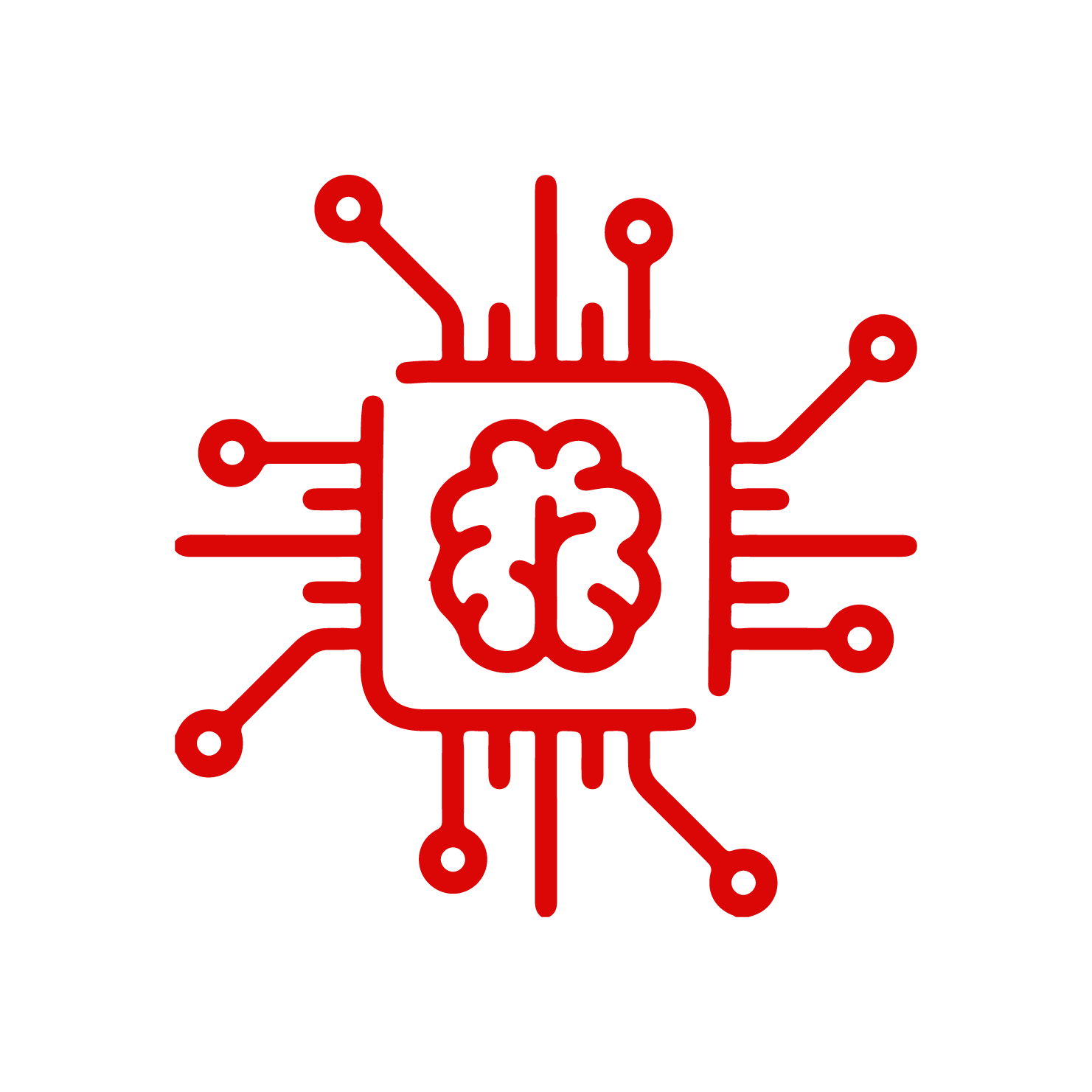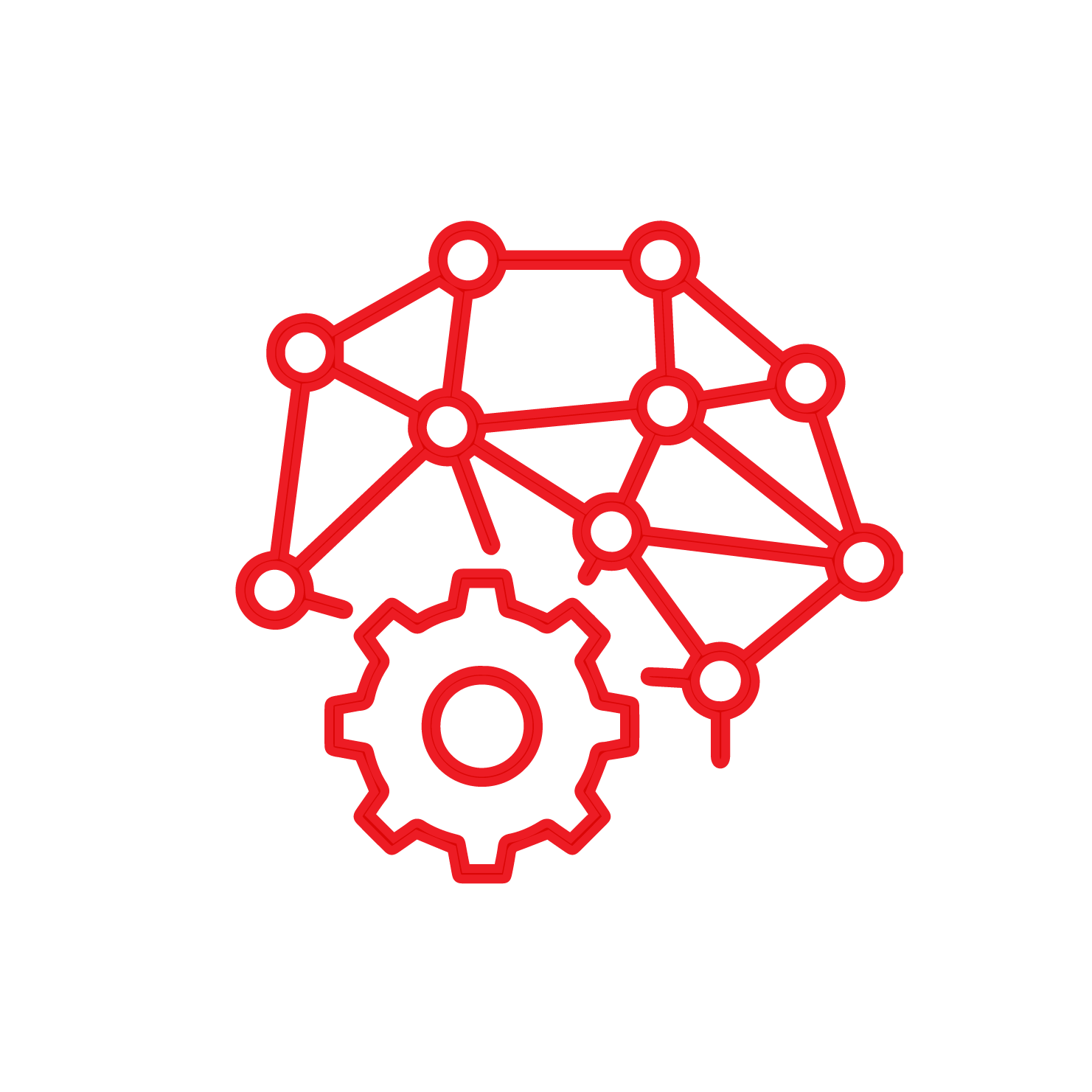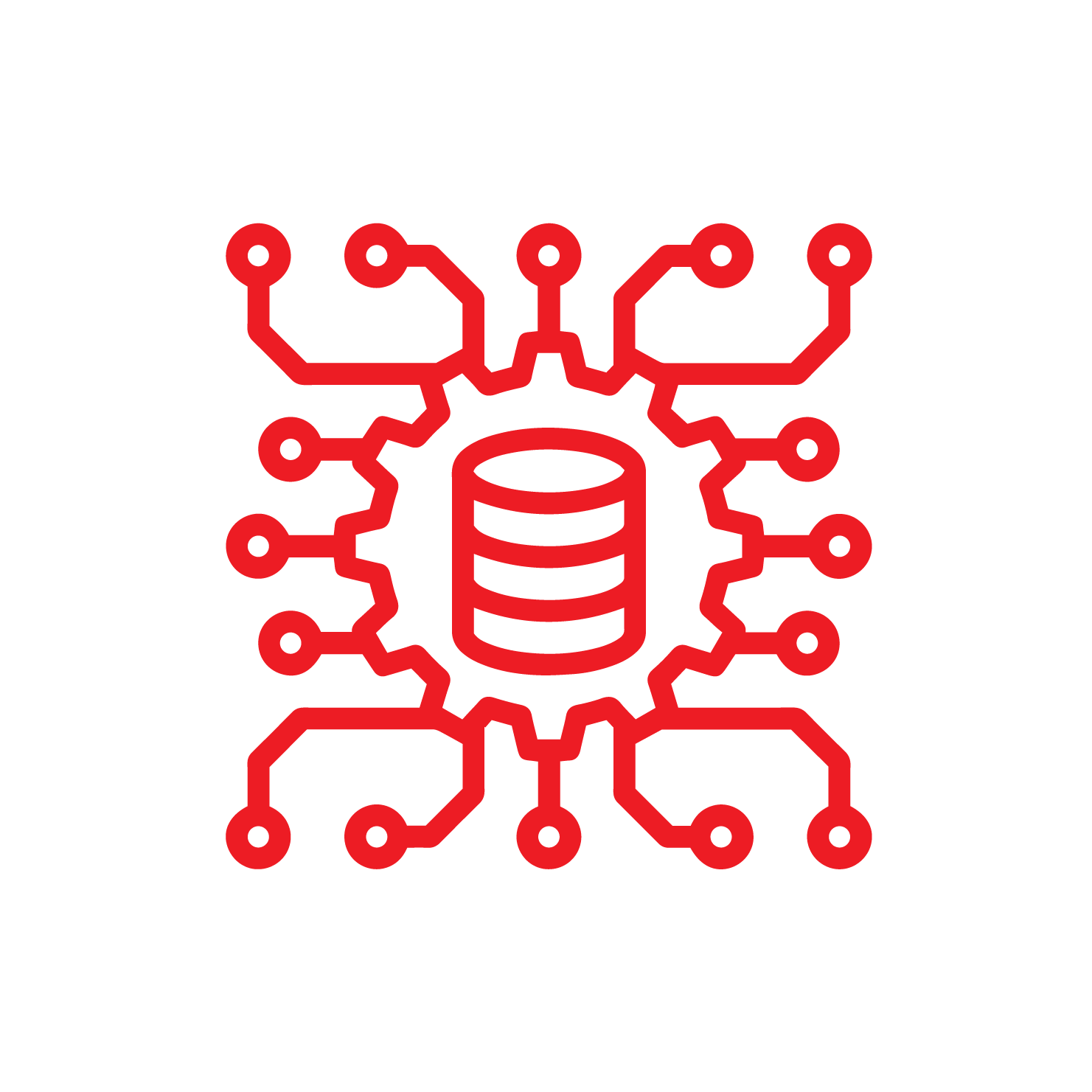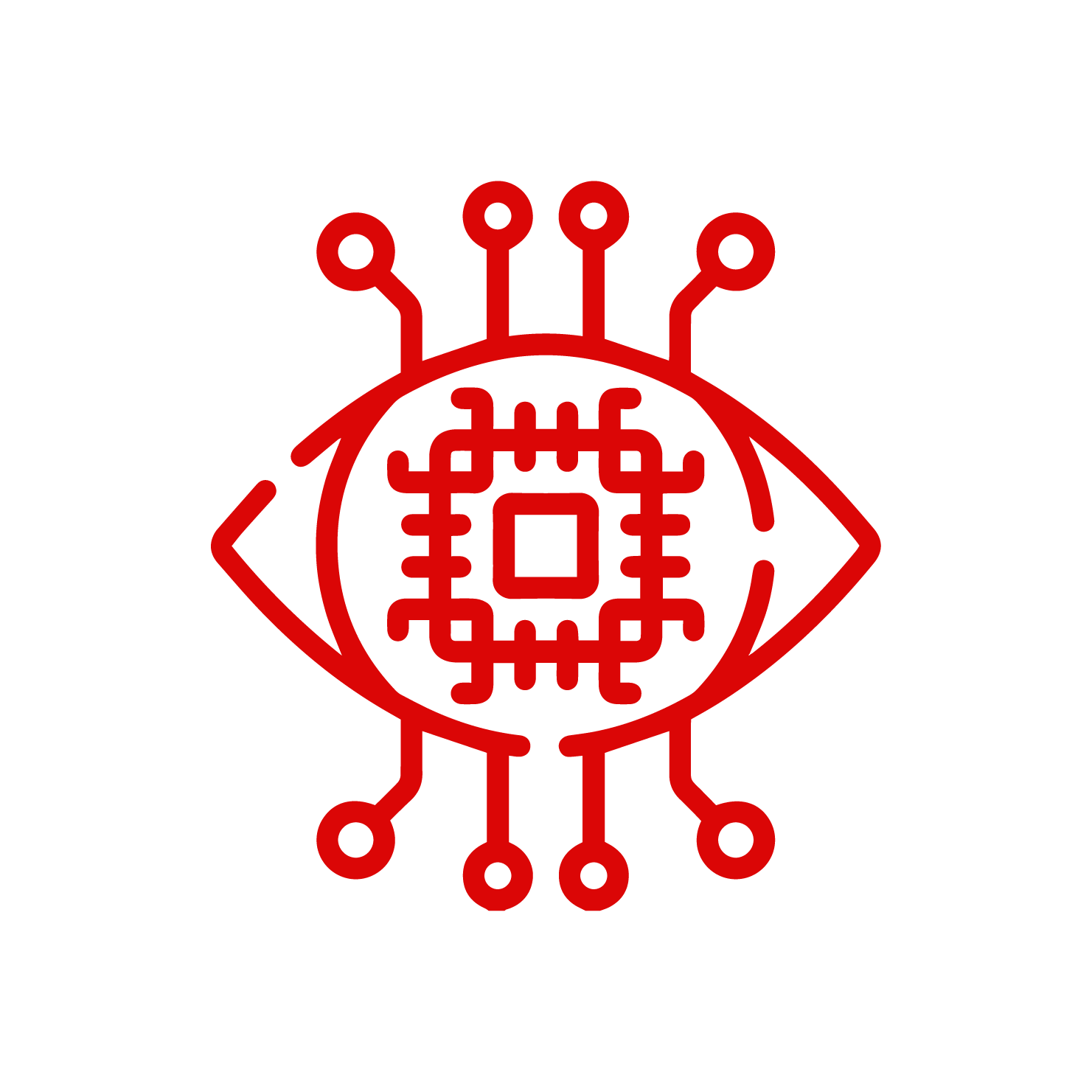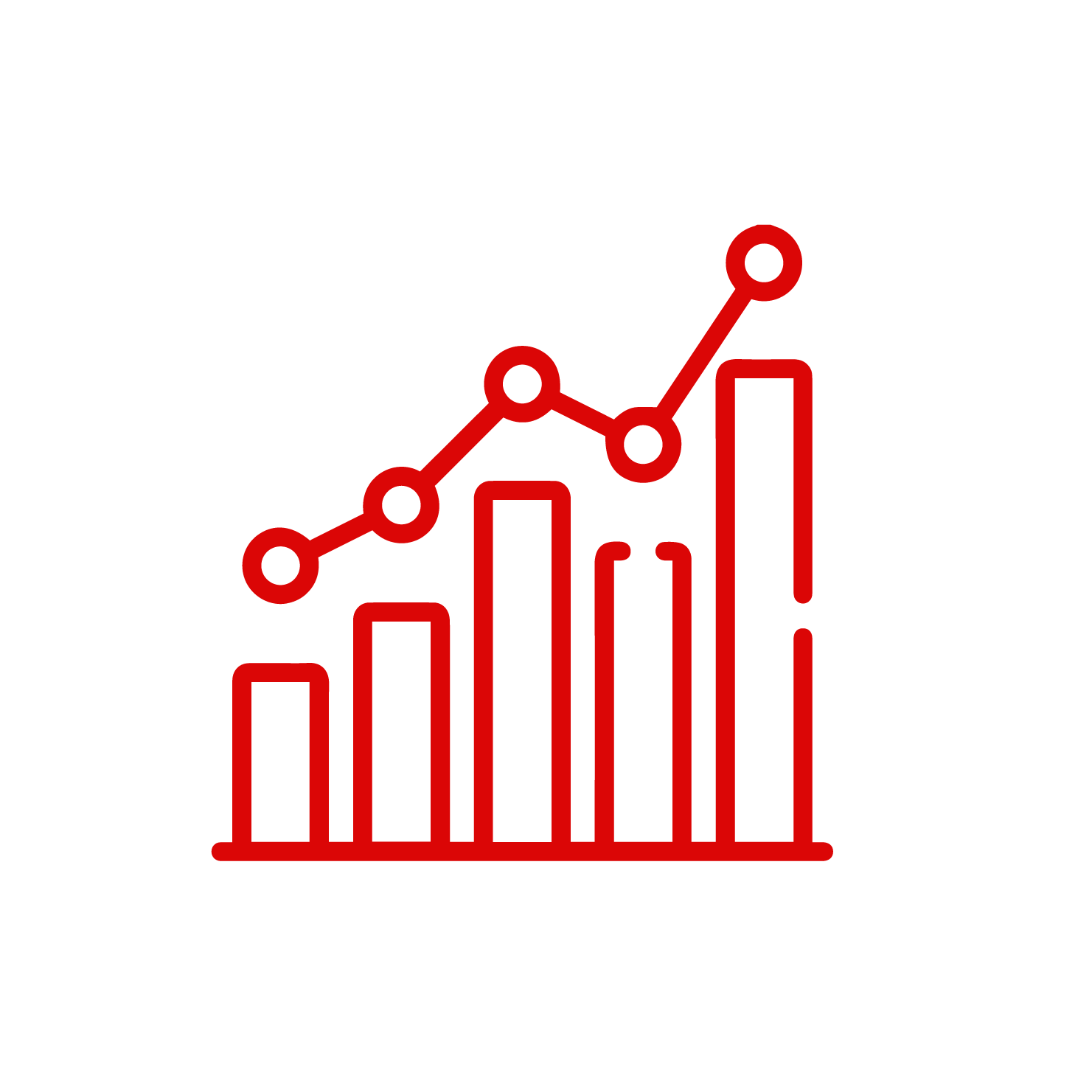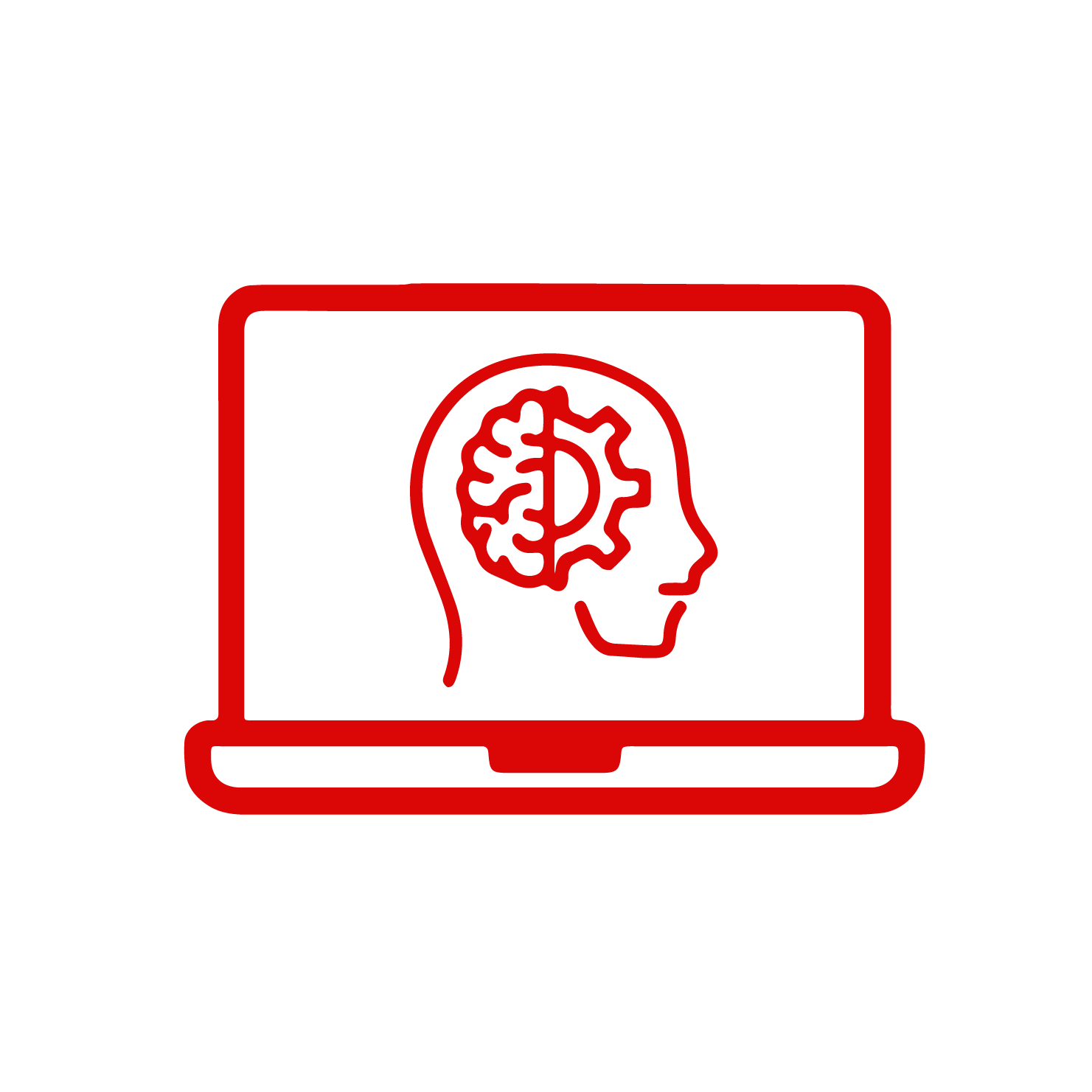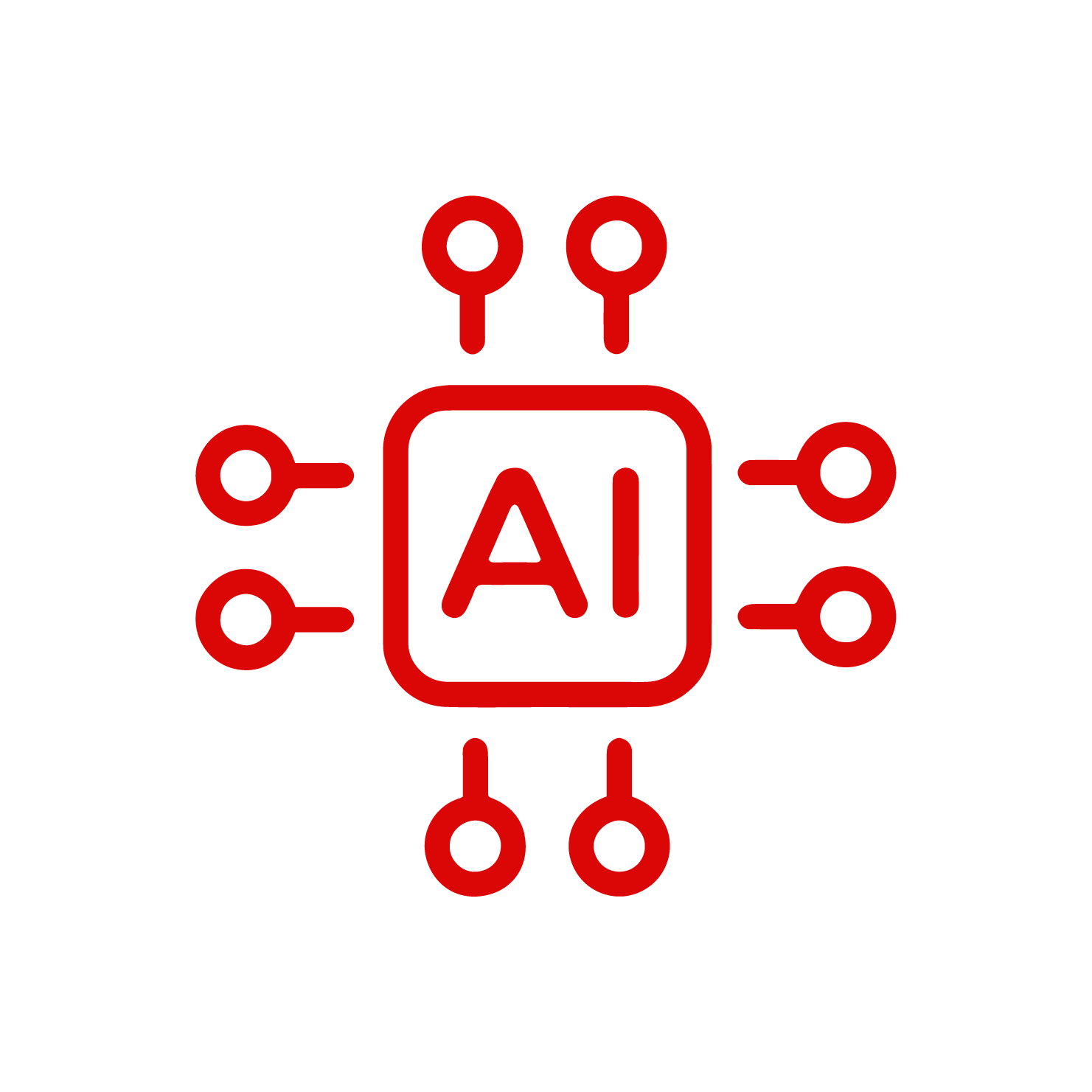In an era dominated by machine learning advancements, the significance of efficient data annotation and model training platforms cannot be overstated. Labelbox and Roboflow have emerged as two frontrunners in this realm, addressing unique challenges faced by developers. While Labelbox boasts an advanced suite of annotator tools and a rich history, accentuated by its market dominance and intricate ontology, Roboflow shines with its comprehensive computer vision developer framework, spanning from data collection to deployment. As businesses pivot towards AI-driven solutions, it becomes imperative to delve deep into these platforms, discerning their strengths, features, and distinct use-cases. Dive in as we compare and contrast the capabilities of Labelbox and Roboflow, guiding you towards the right fit for your AI needs.
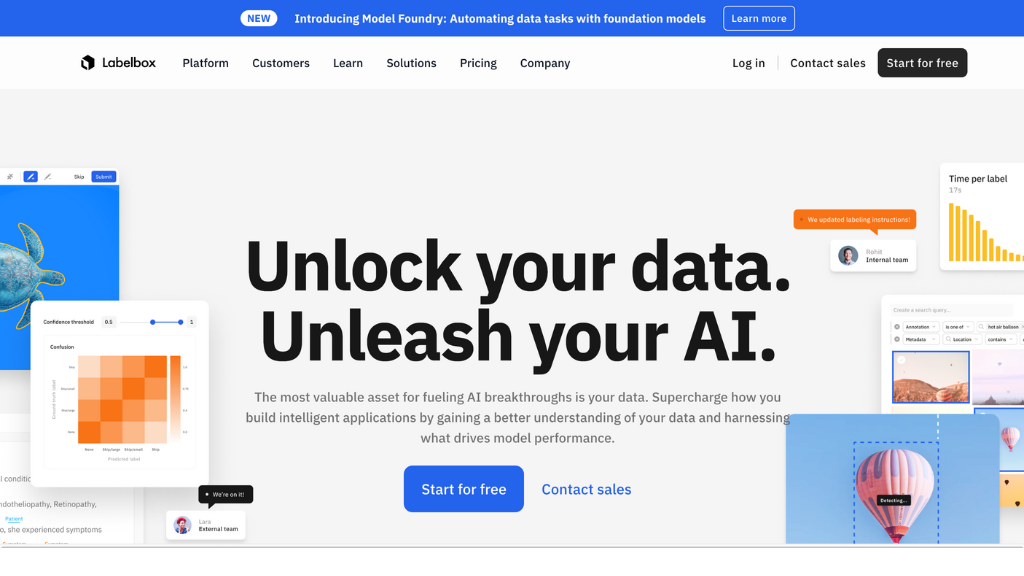
What is Roboflow?
Roboflow is an advanced Computer Vision development framework that streamlines the pipeline from data acquisition to preprocessing, and sophisticated model training methodologies. Roboflow offers publicly accessible datasets for immediate utilization, and also provides interfaces for users to upload bespoke datasets. It boasts compatibility with multiple annotation schemas. During the data preprocessing phase, it undergoes several transformation processes which include adjustments in image orientation, dimension resizing, contrast optimization, and diverse data augmentation techniques.
The framework facilitates seamless collaboration by enabling workflow coordination across team members. For model training, it comes equipped with a comprehensive library of pre-trained architectures, including but not limited to EfficientNet, MobileNet, Yolo, TensorFlow, and PyTorch. Subsequent to training, deployment and visualization toolsets are available, ensuring coverage of the entire cutting-edge computer vision pipeline.
Roboflow is ubiquitously employed across diverse sectors in the computer vision domain, catering to applications such as gas leak detection, differentiation between plants and weeds, aviation maintenance, estimating roof damages, processing satellite imagery, autonomous vehicular systems, traffic analysis, waste management, and a plethora of other use cases.
What is Labelbox?
LabelBox platform offers state-of-the-art AI-driven utilities tailored for automated data annotation, which streamlines the labelling task and facilitates the training of models optimized for active learning. Furthermore, it boasts API integration capabilities.
Through LabelBox, one can seamlessly incorporate team members into the annotation pipeline, fostering collaboration across diverse workflows. It’s versatile in its data-handling capacities, supporting a myriad of annotation format imports and exports. With its sophisticated ontology design, it ensures the delivery of high-fidelity labels, reducing the margin of error. On the infrastructure front, it’s compatible with predominant cloud providers, including Azure, GCP, and Sagemaker, among others.
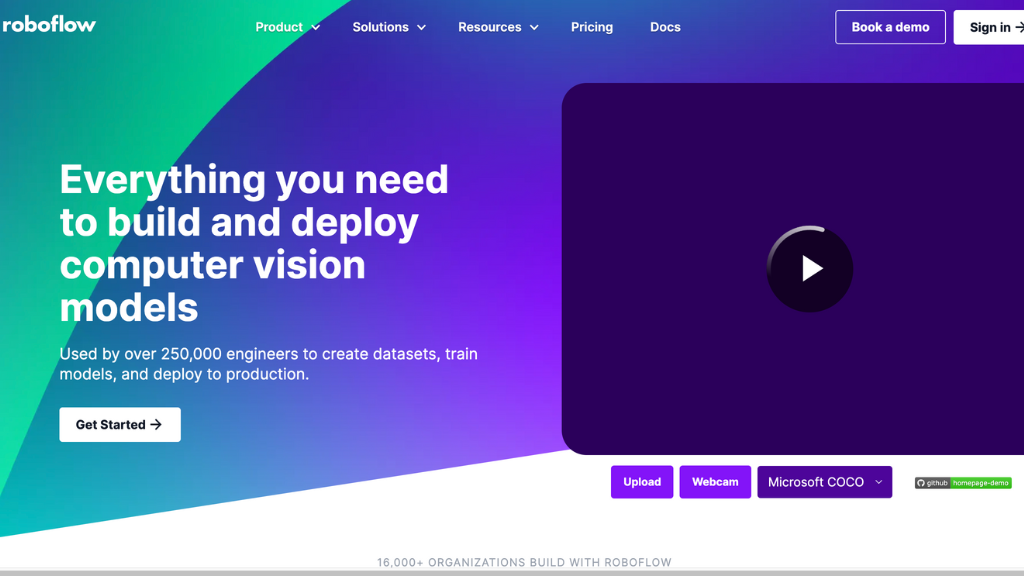
Key Features:
- Data Management and Annotation:
- Labelbox: Specializes in AI-enabled data labeling by automating the process. Supports importing and exporting of various annotation formats. It emphasizes collaboration by allowing team member invitations and workflow collaboration. It also boasts a complex ontology for high-quality labels.
- Roboflow: Also allows data upload in various annotation formats. Provides public datasets for users. Focuses on preprocessing steps such as image orientation, resizing, contrasting, and augmentation.
- Collaboration:
- Labelbox: Supports team collaborations over workflows.
- Roboflow: Entire workflow coordination can be done with teams within the framework.
- Customization & Integration:
- Labelbox: Offers high customization, supporting specific use cases through custom attributes and instances. It integrates well with cloud services like Azure, GCP, and Sagemaker.
- Roboflow: Does not mention explicit customization options but has a vast range of model libraries like EfficientNet, MobileNet, Yolo, TensorFlow, and PyTorch.
- Use Cases:
- Labelbox: General tool, can be used for diverse applications but specific use-cases aren’t mentioned in the provided text.
- Roboflow: Widely utilized in computer vision industries, including gas leak detection, aeroplane maintenance, satellite imagery, self-driving cars, and more.
Conclusion:
While both Labelbox and Roboflow offer tools beneficial for managing and processing data, they cater to slightly different niches within the field. Labelbox excels in automating the data labeling process and supporting collaboration, while Roboflow provides a more end-to-end solution for computer vision development, from data collection to model deployment. The choice between them would be largely dependent on specific project needs and requirements.
